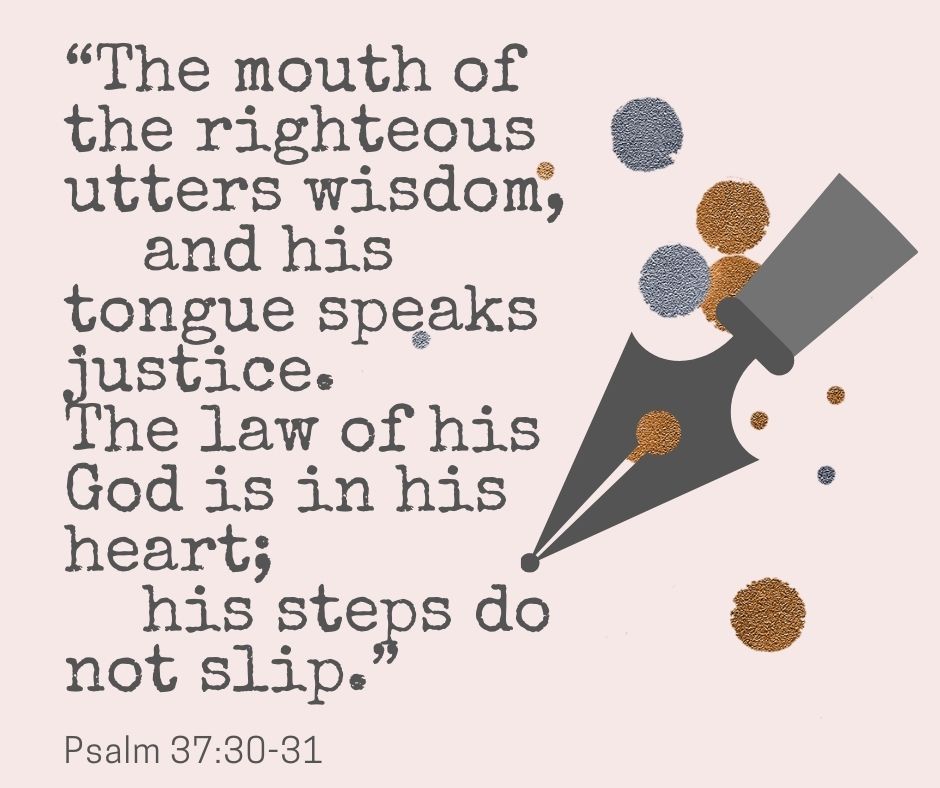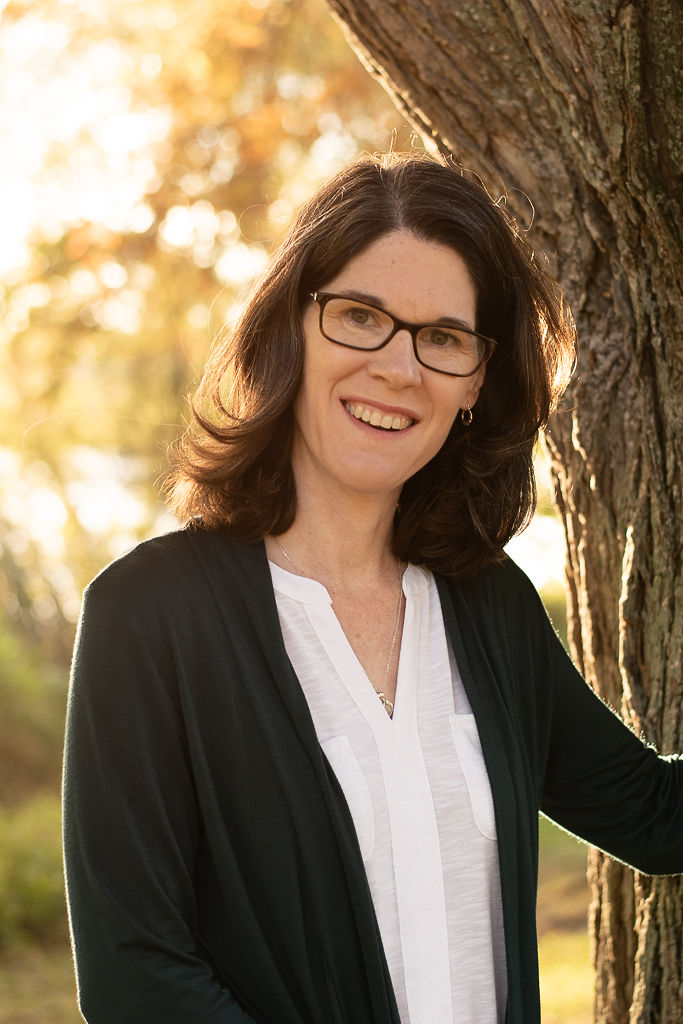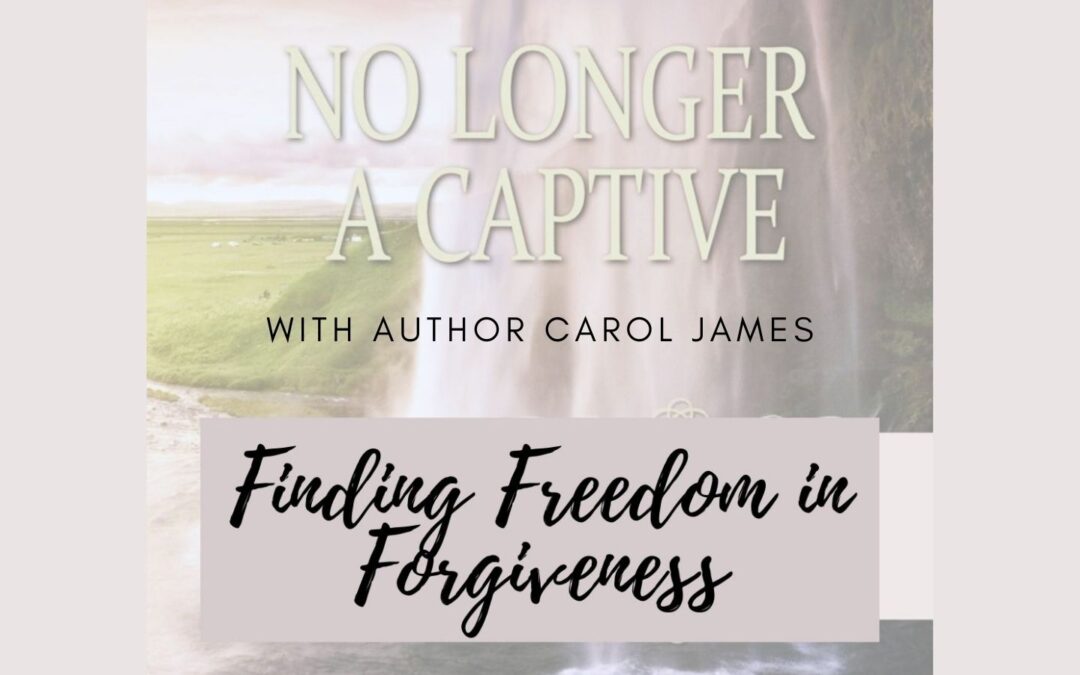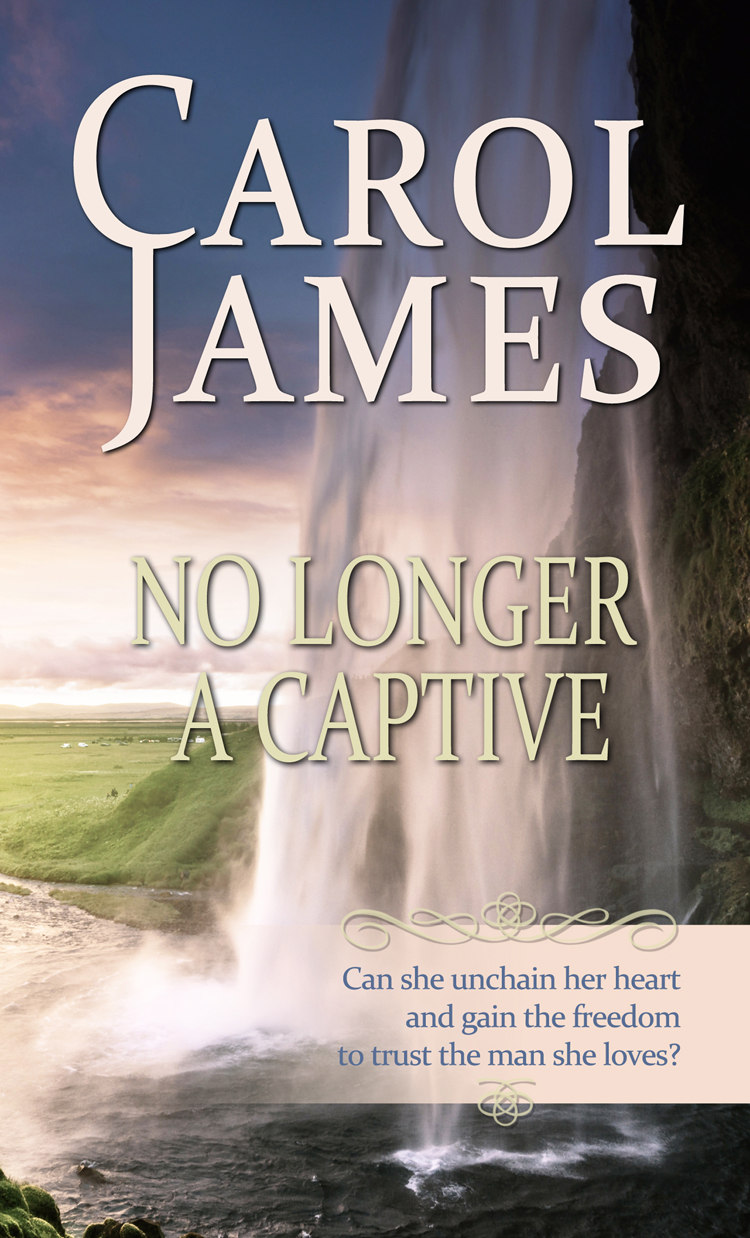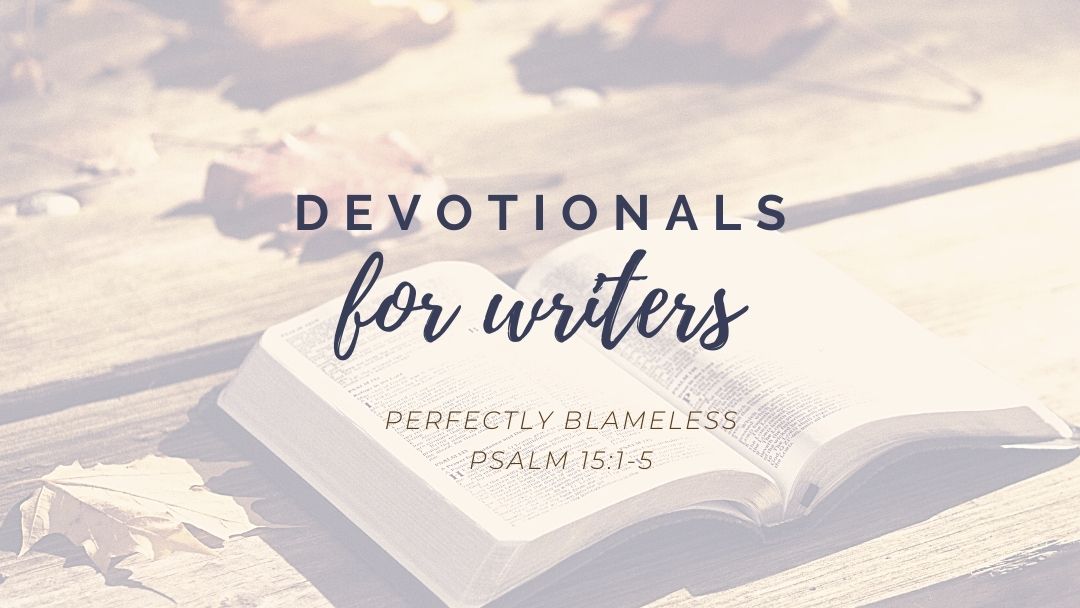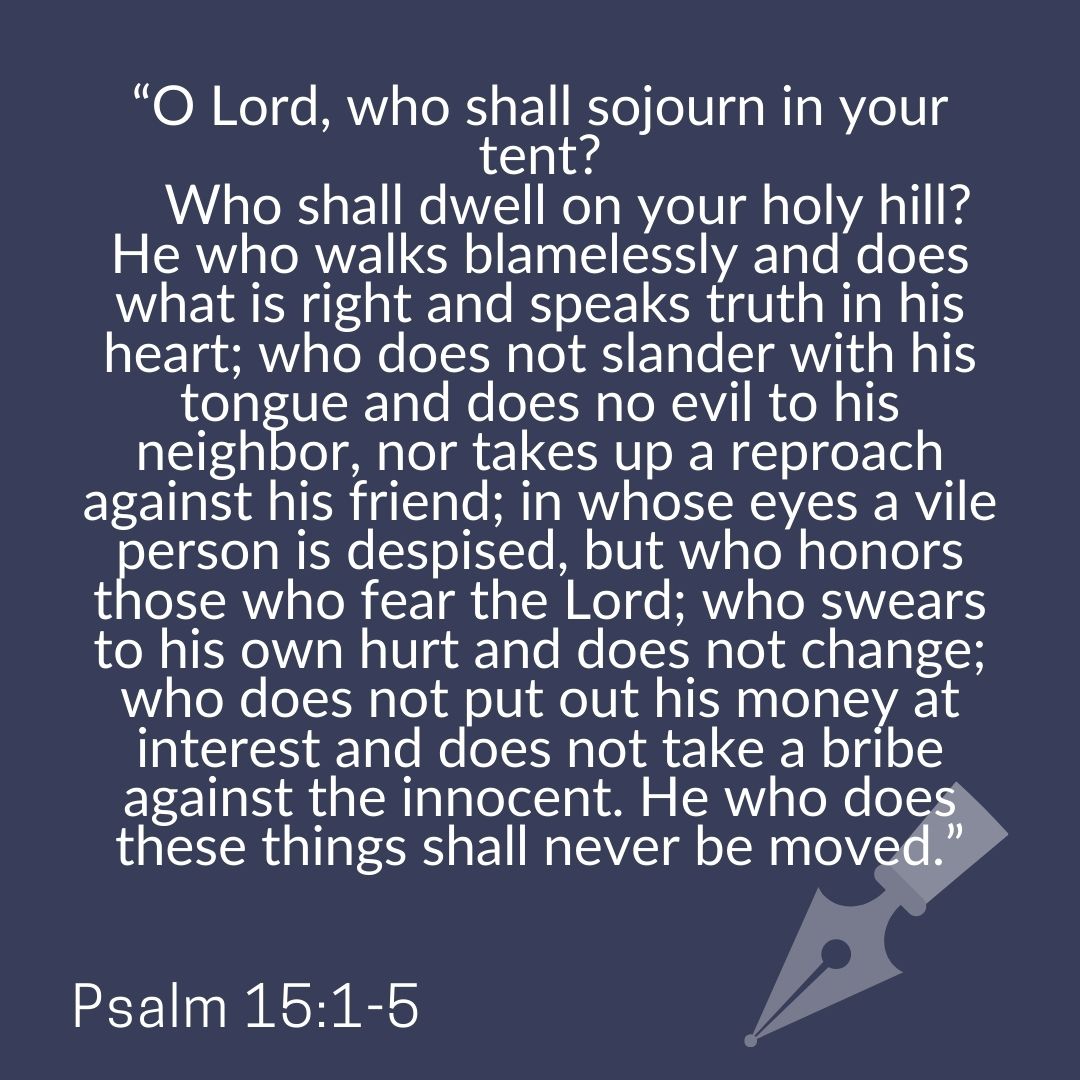
by Stacey | Nov 25, 2021 | Devotionals, reflections, and encouragement, Guest Posts
Jody Day comes to us from the United States on the American Thanksgiving. Canadians celebrated last month, but it is always good to declare “I will see the goodness of the Lord in the land of the living” (Psalm 27:13). Welcome, Jody!
Take Every Thought Captive
It had to be done. Both knees no longer have any cartilage at all, and knee injections just weren’t cutting it. The idea of total knee replacement lingered on the table while I prayed and sought counsel. I’d do it! Thus began the process of getting lined up with a surgeon and a host of other preparatory things that had to be done.
Expect the Unexpected
Something unexpected happened that I wasn’t quite prepared for. My thoughts began to take a devastating path. I knew it was not from the Lord, but nevertheless, the thoughts persisted.
You’ll never wake up. This is the last time you see your grandchildren, your husband, on and on.
Every thought was laced with fear. I wasn’t afraid of the surgery, I was afraid I’d not make it. I was even afraid to tell anyone the attack my mind was under.
I knew how to fight it! I replaced those thoughts immediately with God’s Word. I just couldn’t believe how persistent and permeating the battle became. I know it was fueled by the current health crisis. I had lost several close friends to the virus, and more death and destruction came across our prayer chain every day. Literally, the last few moments before I went under anesthesia, I got word that another friend had gone to heaven. As I went into surgery, the peace that passes all understanding assured me that I was in God’s loving hands.
Mistletoe Misses
My new Christmas book, Mistletoe Misses (which I wrote even before the idea of knee replacement became a thing) actually speaks to this very issue. Risé, a nurse, is so consumed with the effects of the virus that she sees every day that she ceases to live. She stops spending time with her loved ones out of fear. She learns, along with her fiancé Evan, that God hasn’t changed. She learns that we must focus on His Word and His promises because we were born for such a time as this. We are not to live in fear. God hasn’t changed!
I personally learned the importance of fighting the enemy with God’s Word. It is our sure weapon against the onslaught of the enemy. I am so very motivated to hide more of His words in my heart to fight in those dark, wee, small hours of the night when the enemy starts lying to me.
Today, a few weeks out of surgery, I am thanking God that “I will WALK before the Lord in the land of the living” (Psalm 116:9). God has been all over the surgery and recovery. I’m still on the walker and going to therapy, by it’s going well. I have seen the goodness of the Lord in the land of the living!
Jody Day writes inspirational fiction, devotionals, poetry, and Bible studies from her home in West Texas. She is the author of the Washout Express Series, and two Christmas Extravaganza novellas, Mistletoe Mix-Up and Mistletoe Misses from Pelican Book Group. She writes about her author journey and life in general on her blog. Her time is filled with the love of fifteen grandchildren, serving on the prayer team for her church, community theater, and her job at her town’s local library, which includes piano lessons and choir both at the library and at a Christian academy. She and her husband celebrate 36 years of marriage this year.

by Stacey | Nov 11, 2021 | Devotionals, reflections, and encouragement, Guest Posts
Before retirement, I worked as an elementary principal in a Christian school. My office sometimes had student visitors sent because of a behavioral transgression. On one occasion, a teacher brought a fifth-grade girl who was caught stealing from the school store. I can’t remember what trinket she pocketed, but I remember our conversation vividly. I asked her why she took the item, and her response was quite simple. She said, “I wanted it.”
What I told that student holds true for all of us. I told her that there will always be something to want. I proceeded to talk about integrity, coveting, and consequences but, years later, these are the two things that I remember.
I wanted it.
There will always be something to want.
Content in Every Situtation
Paul talked about learning to be content in every situation. It’s a scripture that we hear often, but let’s look at it closely. Paul says, “I have learned the secret …” NIV. The King James Version uses the word instructed.
Contentment is not a natural trait. In fact, our nature is to be discontent, even for Paul. He had to learn it, just as we do. Paul experienced plenty and want. Abundance can lead us to pride while being in need tends to bring humility.
We can guard against pride by embracing a heart of thanksgiving. It points us to the supremacy of Christ. Thanksgiving is a designated national holiday, but as Christians, we should make every day a day of thanksgiving. Starting our day with a prayer of thanks may be the secret Paul spoke of; the instruction leading to contentment.
I am not saying this because I am in need, for I have learned to be content whatever the circumstances. I know what it is to be in need, and I know what it is to have plenty. I have learned the secret of being content in any and every situation, whether well fed or hungry, whether living in plenty or in want. I can do all this through him who gives me strength.
Philippians 4:11-13 NIV
Kathleen Neely is a retired elementary principal, and enjoys time with family, visiting her two grandsons, traveling, and reading.
She is the author of The Street Singer, Beauty for Ashes, The Least of These, In Search of True North and Arms of Freedom. Kathleen won second place in a short story contest through ACFW-VA for her short story “The Missing Piece” and an honorable mention for her story “The Dance”. Both were published in a Christmas anthology. Her novel, The Least of These, was awarded first place in the 2015 Fresh Voices contest through Almost an Author. She has numerous devotions published through Christian Devotions.
Kathleen continues to speak to students about writing and publication processes. She is a member of American Christian Fiction Writers.
Website Facebook Twitter Instagram
With each page of the age-old journals, Annie discovers all that unites her with a woman who once lived in her farmhouse. One lived with wealth and one with poverty, but both knew captivity. Both longed to be free.
Miriam yearns to escape her life as a super model. She drops the pseudonym and uses the name she gave up years ago—Annie Gentry. Then she alters her appearance and moves to rural South Carolina to care for her grandmother. Can she live a simple life without recognition? Can she hide a net worth valued in the millions? Love is nowhere in her plans until she meets a man who wants nothing more than Annie Gentry and the simple life he lives.
Charlotte lived in the same farmhouse in the tumultuous 1860’s. The Civil War was over, but for a bi-racial girl, freedom remained elusive. She coveted a life where she wouldn’t bring shame to her family. A life where she could make a difference. As she experiences hope, will it be wrested from her?
The journals stop abruptly with a climactic event, leaving Annie to search for information. What happened to Charlotte? Did her life make a difference? Did she ever find freedom?

by Stacey | Nov 4, 2021 | Devotionals, reflections, and encouragement
When I began writing, I set the goal of securing a traditional publishing contract. I longed for the validation that such a contract would bring. For a while, that was enough.
Eventually, I set new goals. Could I write a second book and sell it? Could I write a series? Could I land an agent? Could writing become a profitable venture?
I read articles and attended workshops as I pursued these goals. One teacher suggested researching popular subgenres to gain insight into what people wanted to read. I dove into the subdivisions of my category of literature and found a plethora of high-paying opportunities, but their subject matter appalled me.
It is devastating as a writer to learn that God-honouring titles barely put food on the table while filth and scandal pay extremely well.
I grieved the sordidness of the world but then allowed Psalm 37 to remind me that the prosperity of the wicked is temporary, and nothing gained in this world is worth losing God. I will remain in step with God. I will fill my heart with His law. I will remind myself of truth, and ensure that my mouth and pen utter wisdom and justice.
Ponder:
Have you ever felt jealously for the prosperity of the wicked? How does Palm 37 address this attitude? What encouragement do you find here?
Pray:
Ask the Lord to strengthen your resolve to write words of wisdom and justice. Ask God to rekindle your passion to write for His glory and fame.
Then, ask the Lord to provide your heart’s desire regarding your writing career. Boldly approach the throne of grace with confidence. If we have not because we ask not, ask! Then resolve to accept and celebrate however God answers your request.

by Stacey | Oct 28, 2021 | Devotionals, reflections, and encouragement
One of the quickest ways to lose our joy is to compare ourselves to others. Have you ever felt you’re not measuring up because you don’t do what someone else does? Your friends post on social media their beautiful spotless house, their homemade perfectly decorated birthday cake for their child or the gorgeous costumes they sewed for the school play. We don’t all have the same gifts.
One of my coworkers is older and has worked in our building for many years. He knows everything about the building and how to run every piece of equipment. He is an extremely valuable employee because of his knowledge and experience. He spends a lot of his time training the younger employees. Instead of taking pride in his abilities, I often hear him lamenting that he’s not as fast or as sharp as the younger employees, not realizing his value. Looking at his contributions, I’m amazed he feels that way.
Is that how God hears us?
I wonder how often God listens to our comparisons and is equally amazed. He’s given us all different gifts. We’re not all meant to do the same things. 1 Corinthians 12 is a wonderful study in this. God tells us the hands were meant for one thing, the feet another, and the eyes and ears for another. We are all parts of the body of Christ, but we shouldn’t be expected to function the same way. The Lord has gifted me with the ability to write, but I certainly couldn’t illustrate my books. Artistic talent is a different gift.
My latest novel, Sunflowers and Suspicions, follows the tale of twin sisters when one of them goes missing. As identical twins, the sisters are often compared to one another, but they are very different people. Instead of rejoicing in their differences, they often feel envious of each other. As they learn and grow closer to God, however, they eventually see God created them to be different.
How about you?
The next time you feel as though you don’t measure up, ask God to reveal your gifts to you. Then use them for his glory! It’s a sure way to restore your joy!
For as in one body we have many members, and the members do not all have the same function, so we, though many, are one body in Christ, and individually members one of another. Having gifts that differ according to the grace given to us, let us use them: if prophecy, in proportion to our faith; if service, in our serving; the one who teaches, in his teaching; the one who exhorts, in his exhortation; the one who contributes, in generosity; the one who leads, with zeal; the one who does acts of mercy, with cheerfulness.
Romans 12:4-8 NIV
Sunflowers and Suspicion
A Deception Revealed …
When Julie Wagner’s identical twin Jade goes missing, Julie travels to New York pretending to be her sister so she can discover the truth. There, she meets the only person who has ever been able to tell them apart. Together, can she and her sister’s neighbor unravel a shady restaurant owner’s mysteries and find Jade?
A Fractured Family Healed …
Matt Callahan has lived across the hall from Jade Wagner for a year but never understood the pain behind her eyes. When her sister appears in his apartment building, he is amazed at the differences he sees in the twins. As he helps Julie find her twin, he discovers she just might be the answer to helping his own fractured family.
*Sunflowers and Suspicions is the third book of the Pine Springs Series, but all the books can be read as standalone novels. To find out more, check out the links below.
Amazon, Barnes and Noble, Pelican, Kobo
Karen Malley lives in Southeastern Pennsylvania with her husband and two sons. She works full-time as a scientist but enjoys writing in her spare time. When not writing (with her left hand), she enjoys camping, hiking, playing board games, and especially reading! She loves reading faith-based stories because we can all use a happy ending.
Karen loves to hear from her readers. You can connect with her on her website: www.KarenMalley.com. If you sign up for her newsletter, you’ll receive a free short story in your mailbox each week.

by Stacey | Oct 14, 2021 | Devotionals, reflections, and encouragement, The Weekend Visitor
First of all, Stacey, I’d like to thank you for letting me visit today.
What’s one thing all mankind seeks? Freedom.
Several years ago, my husband and I began attending a large church not too far from us. Over the years we’d heard people talk about the inspiring sermons the pastor there would preach. I’d come to work on Monday morning, and several of my co-workers would be discussing the Sunday sermon delivered by their pastor, Buddy Hoffman. So when the time came for us to change churches, we knew exactly where we wanted to go.
Buddy was unlike any pastor I had ever heard. He had a folksy manner, and he loved tripping all over the English language. Once he told us about his recent mission trip to Asia where he saw Kubotas (i.e. pagodas) dotting the landscape. All I could picture was a hill covered with riding mowers and tractors.
One Sunday morning, he was preaching about forgiveness. Ten years later, I don’t remember the scriptures he chose or the major points of the sermon. I remember only one statement he made. “Unforgiveness is a prison.” My English-major self tensed, knowing unforgiveness wasn’t even a word. It was what my husband and I called a Buddy-ism. But it didn’t matter that it wasn’t listed in the dictionary, that spell-check would underline it. That brief statement carried a depth of meaning that entire books might not.
It’s not easy
I truly believe one of the hardest things God asks us, as Christians, to do is to forgive. Anyone who’s ever parented children knows forgiveness doesn’t come naturally. It’s often easy to forgive the penitent, but forgiving someone who’s not sorry, who doesn’t care? That can be tough. It’s sometimes easier to push the wrong aside. Try to forget it and go on with life. But forgiveness is active. It’s not enough to simply push the wrong way down into your heart rather than dealing with it.
As humans, we often seek justice instead of grace. If someone has hurt us, our carnal selves can want them to be hurt––to feel the pain we felt. And the unwillingness to forgive becomes a prison. True freedom is found in only one place.
Bear with each other and forgive one another if any of you has a grievance against someone. Forgive as the Lord forgave you.
Colossians 3:13
You, my brothers and sisters, were called to be free. But do not use your freedom to indulge the flesh; rather, serve one another humbly in love.
Galatians 5:13
No Longer Captive
In No Longer a Captive, Ethne is trapped in a prison of “unforgiveness.” She’s spent most of her life running away from the pain her father’s behavior caused, searching for peace through forgetting. But the only way she can find peace in her life is to come to terms with the hurt her father caused in her life. To forgive him as she has been forgiven.
Purchase links:
Amazon: https://tinyurl.com/56pdpzmy
Pelican: https://bit.ly/3lve7NN
B&N: https://tinyurl.com/4jnj8u7p
Kobo: https://www.kobo.com/us/en/ebook/no-longer-a-captive
Social Media Links:
CarolJamesWebsite
FacebookCarolJames
InstagramCarolJamesAuth
TwitterCarolJamesAuth
GoodreadsCarolJames
BookbubCarolJames
AmazonCarolJames
Newsletter Sign-up

by Stacey | Oct 7, 2021 | Devotionals, reflections, and encouragement, For Writers
“O Lord, who shall sojourn in your tent?
Who shall dwell on your holy hill?
He who walks blamelessly and does what is right and speaks truth in his heart; who does not slander with his tongue and does no evil to his neighbour, nor takes up a reproach against his friend; in whose eyes a vile person is despised, but who honours those who fear the Lord; who swears to his own hurt and does not change; who does not put out his money at interest and does not take a bribe against the innocent. He who does these things shall never be moved.”
15:1-5
Context:
This psalm describes the character and qualities of the ideal follower of God.
When crafting a story, authors often ask themselves questions. We ask questions like:
- What would make things worse for my hero?
- How can I raise the stakes?
- What friendship or love interest would complicate things?
- What poor decisions can the main character make that threaten the happily-ever-after?
We like to write and read characters with layers of personal issues and mountainous obstacles to overcome because a perfectly blameless protagonist (or antagonist) is relatively dull.
Enter Reality
When it comes to our real life, perfectly blameless is exactly what is required. Psalm 15 asks and answers the question: Who can dwell with God? The answer is sobering: the blameless and righteous.
Only people who meet God’s qualifications can enter His presence.
Only a few chapters after Psalm 15, in Psalm 24, the psalmist repeats the truth that God requires perfection from his followers. Only those with clean hands a pure hearts can ascend the hill of the Lord (Ps 24:3-4).
Who among us is blameless and righteous? Who among us has clean hands a pure heart? The Old Testament priests continually offered sacrifices to atone for the people’s sins. Hebrews 10:11-14, “every priest stands daily at his service, offering repeatedly the same sacrifices, which can never take away sins ….”
A Single Sacrifice
But we no longer need the intervention of a human priest. “… But when Christ had offered for all time a single sacrifice for sins, he sat down at the right hand of God … For by a single offering he has perfected for all time those who are being sanctified.” Hebrews 10:19 confirms, “we have confidence to enter the holy places by the blood of Jesus.”
As writers, we want to shake the foundations of our stories and characters, but as believers, we want stability. We want what Psalm 15:5 promises and what Hebrews 10:22-23 guarantees. We want an immovable faith and the confidence to draw near and hold fast to God because He is faithful.
Pray through Psalm 15 and Hebrews 10, acknowledging your need for and thankfulness to Christ for making it possible for you to enter into the presence of God.






